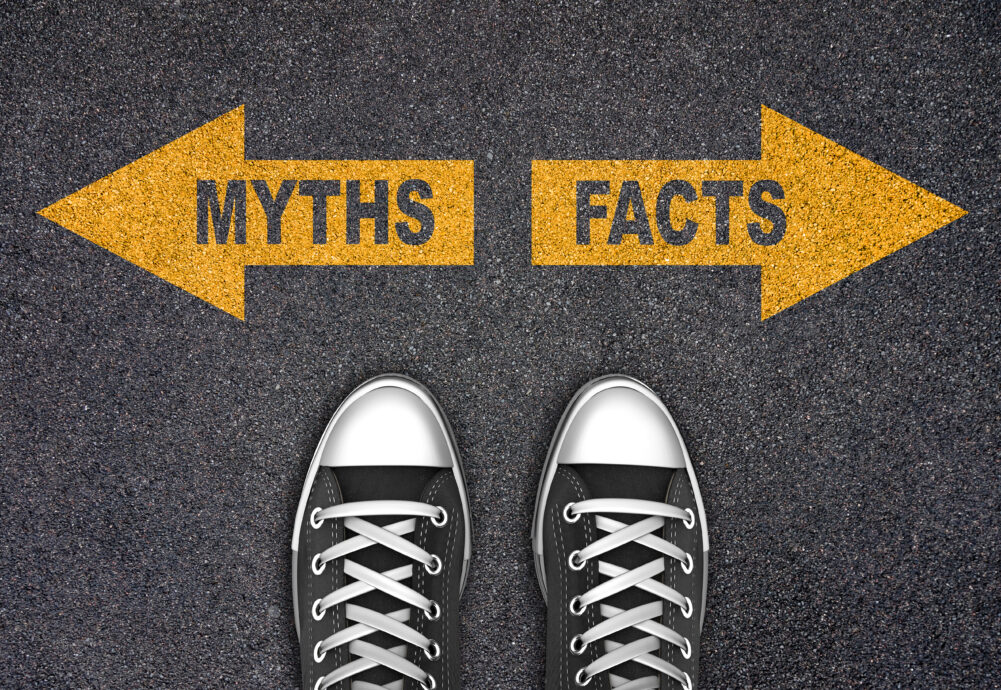
Decision at the crossroad – Myths or Facts
Buying a home for the first time can be an exhilarating and daunting experience, filled with various misconceptions about the process. As a first-time home buyer, it’s important to understand these common misconceptions to make informed decisions. In this blog post, we’ll discuss some of the most common misconceptions about buying a home.
- You need a large down payment to buy a home.
One of the biggest misconceptions about buying a home is that you need a large down payment. While having a substantial down payment can help you secure a better interest rate and lower your monthly mortgage payments, it’s not always necessary. Many loan programs are available that offer low down payment options, such as FHA and VA loans. Additionally, sellers can contribute to your closing costs, which can offset the upfront costs of buying a home.
- You need a perfect credit score to buy a home.
Another common misconception is that you need a perfect credit score to buy a home. While a good credit score can help you get better loan terms, it’s not always necessary to have a perfect score to buy a home. Many lenders offer loans to people with credit scores as low as 580, but keep in mind that lower credit scores may result in higher interest rates and additional fees.
- You should always buy a home instead of renting.
Owning a home can be a great investment, but it’s not always the best option for everyone. Renting can be a better option if you’re unsure about staying in one place for an extended period or if you don’t want to deal with the maintenance and costs associated with homeownership.
- You can’t buy a home if you have student loan debt.
Having student loan debt doesn’t necessarily mean you can’t buy a home. Lenders will consider your debt-to-income ratio, which includes your student loan payments, when determining your eligibility for a mortgage. It’s essential to manage your debt responsibly and work with a lender to determine the best loan options for your financial situation.
- You can only buy a home if you have a steady job.
While having a steady job can help you get approved for a mortgage, it’s not always necessary. Lenders will consider your overall financial situation, including your credit score, debt-to-income ratio, and savings when determining your eligibility for a mortgage. If you’re self-employed, you may need to provide additional documentation, such as tax returns, to prove your income.
- It costs money to use a realtor when buying a home.
Using a real estate agent when buying a new home doesn’t cost you anything. In most cases, the seller pays the real estate agent’s commission, which means it doesn’t cost the buyer anything to work with a realtor when buying a new home. A good real estate agent can guide you through the home buying process, help you find homes that fit your criteria, negotiate on your behalf, and provide valuable insights and advice. It’s essential to find a realtor who understands your unique needs and preferences and with whom you feel comfortable working.
In conclusion, buying a home can be a complex process, but understanding the common misconceptions is crucial for first-time home buyers. It’s essential to work with a trusted lender and real estate agent to navigate the process and make informed decisions. By dispelling these misconceptions and working with experienced professionals, first-time home buyers can take the first steps towards fulfilling their dream of homeownership.


 Facebook
Facebook
 X
X
 Pinterest
Pinterest
 Copy Link
Copy Link